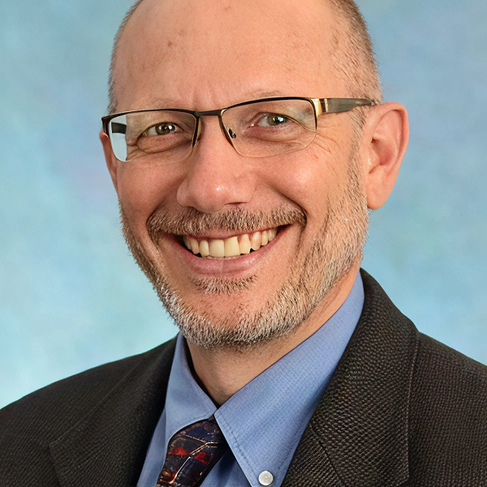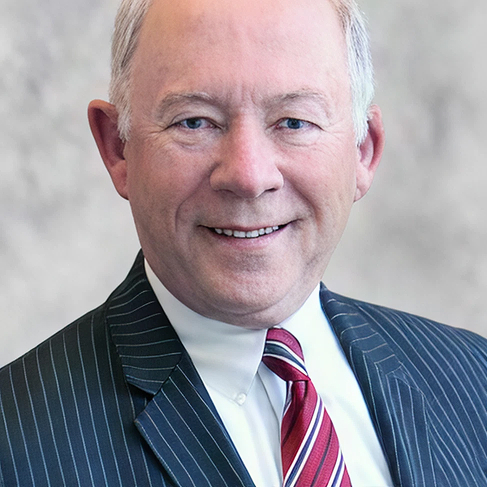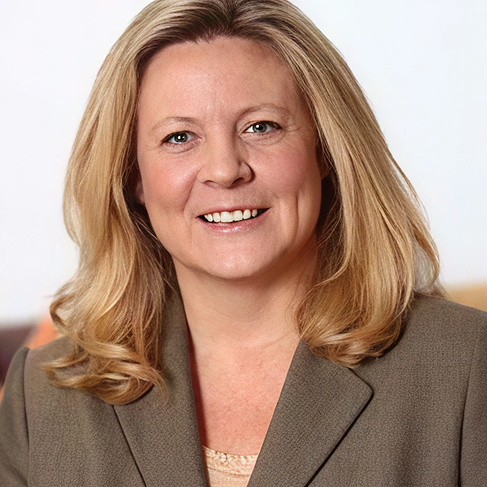



Psychosocial Oncology Knowledge and Skills Certificate Course
Psychosocial Oncology Knowledge and Skills Certificate Course
Pricing
Information
Learning Objectives
Participants will be able to:
-
Recognize phases of cancer survivorship and potential for increased distress at each phase.
-
Describe basic cancer treatment strategies and ability to identify the potential psychiatric and psychosocial effects of each.
-
Assess patient/family social and practical problems and social determinants of health.
-
Discuss evidence-based treatment approaches for most common cancer-related psychological problems.
Description
Welcome to the Psychosocial Oncology (PSO) Virtual Academy!
We are so pleased you have chosen to enhance your knowledge and skills for working with people with cancer and their families. This certificate course includes 15 modules, each including a 1-to-1.5-hour video.
Presenters

Dr. Rosenstein is Director of the UNC Comprehensive Cancer Support Program with joint appointments in the Departments of Psychiatry and Medicine. He also serves as Division Head of General Adult Psychiatry. The Comprehensive Cancer Support Program provides UNC oncology patients with a wide range of educational, medical, psychiatric and psycho-social services. The clinical, teaching and research aspects of this program operate at both the North Carolina Cancer Hospital and Hillsborough Hospital. Dr. Rosenstein came to UNC from the National Institutes of Health (NIH) where he was Clinical Director of the National Institute of Mental Health (NIMH) and the Chief of the Psychiatry Consultation-Liaison Service. Dr. Rosenstein also served as Vice-Chair of the NIH Medical Executive Committee and for many years chaired both the Clinical Center Ethics Committee and the NIMH Institutional Review Board. He is Past-President of both the Academy of Consultation-Liaison Psychiatry and the American Psychosocial Oncology Society.


Dr. Wells-Di Gregorio is a clinical psychologist specializing in outpatient psychosocial oncology and palliative medicine whose research focuses broadly on symptom management and communication for patients and families living with advanced cancer. Her lab’s primary goal is to improve methods for screening oncology-related physical symptoms as well as emotional, practical, cognitive and spiritual needs.
Their second goal is to translate what is known about effective interventions for symptoms such as anxiety, insomnia, depression, fatigue and pain in the general population into interventions that are accessible and effective for patients with significant illness, limited energy and multiple appointments. This includes training oncology providers to enhance symptom management, communication, and decision-making, particularly for patients at the end of life.
Their final goal is to better understand the mechanisms of symptom clustering for patients with advanced cancer. As such, they are investigating the role of pro-inflammatory and anti-inflammatory cytokines as well as endocrine pathways (e.g., cortisol, epinephrine, norepinephrine) in a specific cluster of symptoms – anxiety-insomnia-depression-fatigue-pain.
Financially Sponsored By
- American Psychosocial Oncology Society